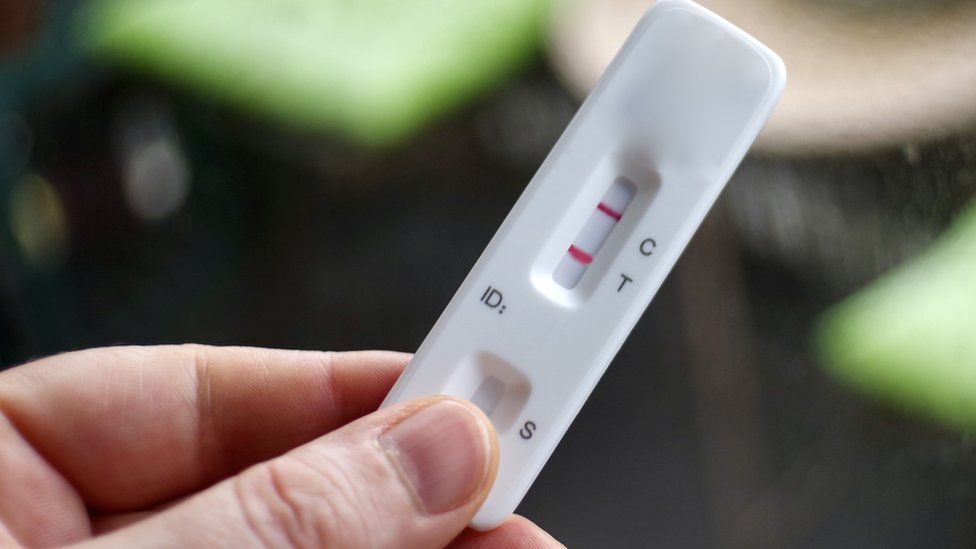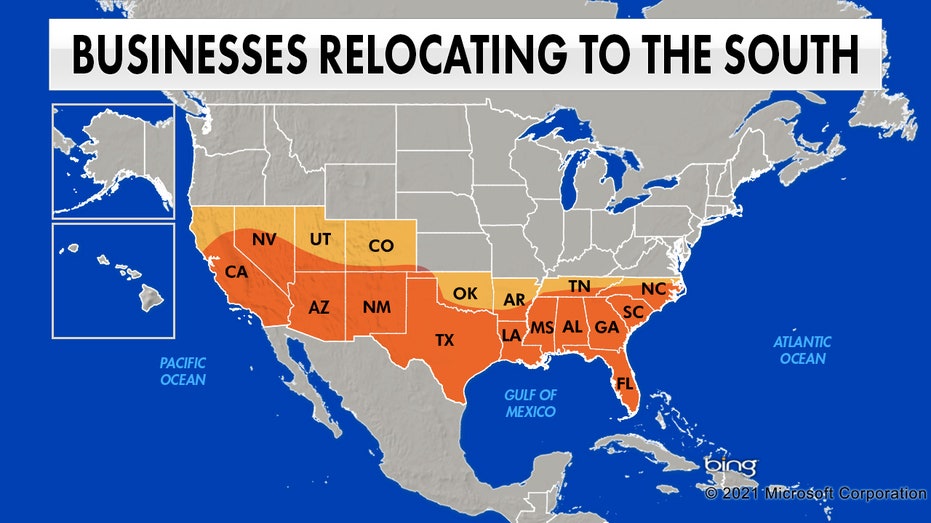Sunday, April 3
Questions About Electric Cars
In less than eight years, the government plans to ban the sale of all new petrol and diesel cars and vans and as part of this shift is promising to expand the network of public charging points to 300,000.
This means, in order to help the UK meet its 2050 net zero target, electric vehicles (EVs ) will soon become the most common option for anyone wanting to buy a brand new car.
Among the 35 million cars driving around on UK roads just 1.3% were EVs in 2020 but that figure is starting to climb. Battery electric and hybrid cars accounted for nearly a third of new cars leaving dealerships last month, according to The Society of Motor Manufacturers and Traders. (SMMT).
But would-be buyers still have a lot of reservations.
BBC Radio 5's The Big Green Money Show asked listeners to send in their questions, here are their top five:
Why are electric cars so expensive?
Electric cars usually cost thousands of pounds more than their petrol, or diesel, counterparts. This is because EV batteries are expensive to make and a high level of investment is needed to transform existing factory production lines to manufacture the new technology.
However, costs are expected to come down in the near future: The SMMT forecasts electric and internal combustion engine cars should cost roughly the same "by the end of this decade."
Meanwhile, experts say you should also consider the total spend over the car's lifetime.
The cost of the electricity used to power your EV has been rising sharply recently and will vary according to your household tariff, but it is still cheaper than petrol or diesel fuel per mile.
Melanie Shufflebotham is the co-founder of Zap Map, which maps the UK's charging points. She says if an EV is charged at home "the average price people are paying is roughly 5p per mile". This compares she says, to a cost of between 15-25 pence per mile for petrol or diesel cars. READ MORE...
Matching Drugs to DNA
Some drugs are completely ineffective or become deadly because of subtle differences in how our bodies function.
The British Pharmacological Society and the Royal College of Physicians say a genetic test can predict how well drugs work in your body.
The tests could be available on the NHS next year.
Your genetic code or DNA is an instruction manual for how your body operates. The field of matching drugs to your DNA is known as pharmacogenomics.
It would have helped Jane Burns, from Liverpool, who lost two-thirds of her skin when she reacted badly to a new epilepsy drug.
She was put on carbamazepine when she was 19. Two weeks later, she developed a rash and her parents took her to A&E when she had a raging fever and began hallucinating.
The skin damage started the next morning. Jane told the BBC: "I remember waking up and I was just covered in blisters, it was like something out of a horror film, it was like I'd been on fire."
Her epilepsy medicine caused Stevens-Johnson syndrome, which affects the skin and is far more likely to happen in people who are born with specific mutations in their genetic code.
Mrs. Burns says she was "extremely, extremely lucky" and said she supports pharmacogenomic tests.
"If it saves your life, then it's a fantastic thing." READ MORE...
Catching COVID Again
Why are more people catching Covid again?
Part of it is Omicron itself - a variant that's better at sneaking past defenses built on old infections.
Part of it is a numbers game. So many of us have already been infected at some point, that a rising proportion of new infections are a second bout.
But getting Covid twice in a short space of time is still pretty unlikely, even with the latest version of Omicron which is widespread in the UK. And for most people a second infection is less likely to make them very ill.
How likely are you to catch Covid twice?
Eventually, pretty likely - immunity fades and coronaviruses evolve. Most people can expect to catch the other coronaviruses, such as those which cause common cold symptoms, many times in their life.
 IMAGE SOURCE, GETTY IMAGES
IMAGE SOURCE, GETTY IMAGESAnd so the rates of reinfection have been about 10 times higher this year compared with rates seen earlier in the pandemic. READ MORE...
Saturday, April 2
Don't Pass This Along
Who are you to tell me what to do or what to think?
And yet, you represent the government and think that is exactly what you can do...
Since I am power impotent, I have to listen to your rhetoric and say nothing... but, that is where you are wrong...
Do not be fooled by my appearance or my words or the age that you have placed upon my years of life... I am recklessly angry at the way you and your kind think that you can rule over the rest of us... as if you are the final solution on how people in the US of A should live... or not live...
You are MISTAKEN...
There are many more of me than there are of you... and, we have remained quiet for far too long... we can and will take our nation back... and, when all is said and done, you will wish that you had relocated to Venezuela earlier to see what a real socialist country looks like.
It is capitalism and the free market enterprise system that allows you to be the arrogant idiot you are and for the time being there are others who are following you close enough to break their noses if you changed your opinions too quickly... but for now, they think you will give them more and more so that they will do less and less...
In order to pay for your little game, the wealthy must give you 20% of the wealth that you had no part in earning for them... and of course, you are stupid enough to think they will do this simply because you smile and say it what you need... you are as foolish as the imbecile that walks in a cow pasture at night and thinks they are not going to step on any piles of shit...
You stepped over the line when you tried to tell parents that they no longer had any need to teach their values and morals to their children... that the State would do this for them... you must have had your head up the cow's ass when you thought of this one...
Most of the immigrants that you are allowing into this country without any consequences, DO NOT WANT GOVERNMENT HANDOUTS... they want to work. They are staunch Catholics and DO NOT believe in abortions. Nor are they supportive of the LGBTGQ movement...
Only spoiled children want their parents or the government to take care of them for the rest of their lives...
Once you have destroyed the oil industry and everyone drives around in an electric car... how the hell are you going to fly anywhere? Did you think your engineers were going to be able to build an electric airplane?
How do you plan to force China, the Middle East, Africa, Asia, and Russia to GO GREEN???
Once the minorities realize that you are running out of money, you are going to be in deep shit... and there ain't gonna be anyone around to help pull you out... this is when I'll be sitting on my back porch smiling and drinking a vanilla cappuccino.. CIAO...
Relocating to the South

Jeff Holzmann is the CEO of IRM Services, an asset management company. He says the move from The New York-New Jersey area to Dallas has saved the company millions in under two years.
"I would say that on a per-foot basis, per employee we pay about 60% down here in Dallas where I am today compared to what we would pay in New Jersey, and it’s even less if we were comparing to our New York City/Manhattan offices," Holzmann said.
Businesses are relocating to The Sun Belt. One CEO says relocating from the New York/New Jersey area to Dallas has saved his company millions. (RREAF Holdings / Fox News)
He added that the Sun Belt region is different than it was 30-40 years ago. "It’s a fantastic place to be. The prices are affordable, the talent is around and is seeking an opportunity."

The Texas population increased by over 300,000 people last year, and part of that increase is due to all the businesses relocating to the Lone Star state.
He said the COVID-19 pandemic also played a factor in this business relocation. "The comeback to work was so much quicker down in Dallas and down South," Holzmann said.
Employees like Barbara Kogler, who also relocated from the north, said the move was a win.
"It’s a little bit cheaper here, and I’m making better money," Kogler said. READ MORE...
Gender ID and Sexual Instruction
On Monday, Florida Gov. Ron DeSantis signed into law the Parental Rights in Education bill, which bans teachers from giving classroom instruction on "sexual orientation" or "gender identity" in kindergarten through third grade. The measure has faced criticism on a national level, including from President Biden.
In February, Biden wrote in a tweet saying that he supported those in Florida who oppose the "hateful bill" and vowed to fight back "for the protections and safety you deserve."
Biden, however, along with other critics, has been largely silent about similar measures in other state legislatures that aim to shape how discussions or viewpoints on gender and sexual orientation are held in school systems.
In early March, Georgia legislators introduced Senate Bill 613, the Common Humanity in Private Education Act, which is co-sponsored by 10 Republican state senators. It states that "no private or nonpublic school or program" should "promote, compel or encourage classroom discussion of sexual orientation or gender identity in primary grade levels or in a manner that is not appropriate for the age and developmental stage of the student."
"No teacher should be promoting gender identity discussions with small children in a classroom setting, which is exactly what this bill says and why I support it," said Georgia state Sen. Burt Jones, according to the Atlanta Journal-Constitution. READ MORE...
Secondhand Marijuana Smoke
In a study published Wednesday in the journal JAMA Network Open, authors from the University of California, Berkeley School of Public Health wrote that bong smoking “is not safe.”
“Decades ago, many people thought [secondhand tobacco smoke (SHTS)] presented no health risk to nonsmokers. Scientific research since then changed this perception and led to smoke-free environments. Incorrect beliefs about [secondhand cannabis smoke (SHCS)] safety promote indoor cannabis smoking,” they said.
“Nonsmokers are exposed to even higher concentrations of SHCS materials during ‘hot-boxing,’ the popular practice in which cannabis smokers produce high volumes of smoke in an enclosed environment. This study’s findings suggest SHCS in the home is not safe and that public perceptions of SHCS safety must be addressed.”
The group found that concentrations of fine particulate matter (PM2.5) generated in a home during social cannabis bong smoking to which a nonsmoking resident might be exposed were greatly increased compared with background levels, and that PM2.5 decayed only gradually after smoking ceased.
Following 15 minutes of smoking, average PM2.5 was more than twice the Environmental Protection Agency (EPA) hazardous air quality threshold.
“If one assumes the exposure concentrations were at the mean levels observed, a single home smoking session with no other exposures would generate an estimated mean daily concentration that greatly exceeds the average in cigarette-smoking homes, nonsmoking homes and the U.S. EPA daily standard,” the researchers said.
In order to reach these conclusions, the Environmental Health Sciences Division members’ levels of PM2.5 were measured before, during and after eight cannabis social-smoking sessions in a household living room.
An aerosol monitor was placed where a nonsmoker might sit to record the levels.
Home cannabis bong smoking significantly increased PM2.5 from background levels by at least 100-fold to 1,000-fold for six of eight sessions. The other two sessions had high background levels and significantly increased PM2.5 more than 20-fold. READ MORE...
Friday, April 1
China/America In A Second Cold War
During Donald Trump’s presidency, the term “Cold War 2.0” was popularized in the context of U.S.-China rivalry, which has been spurned by China’s economic rise. By becoming the fastest growing economy around the globe, China is challenging the U.S.-led economic system and laying the foundation to become a military superpower.
The Cold War 2.0 shares similarities with the original Cold War (1945-1991) in many aspects. First, during the Cold War, the United States and Union of Soviet Socialist Republics (USSR) were the prime contenders for superpower status, however, the threat of an active military conflict between the two was largely defused due to the nuclear deterrence.









































